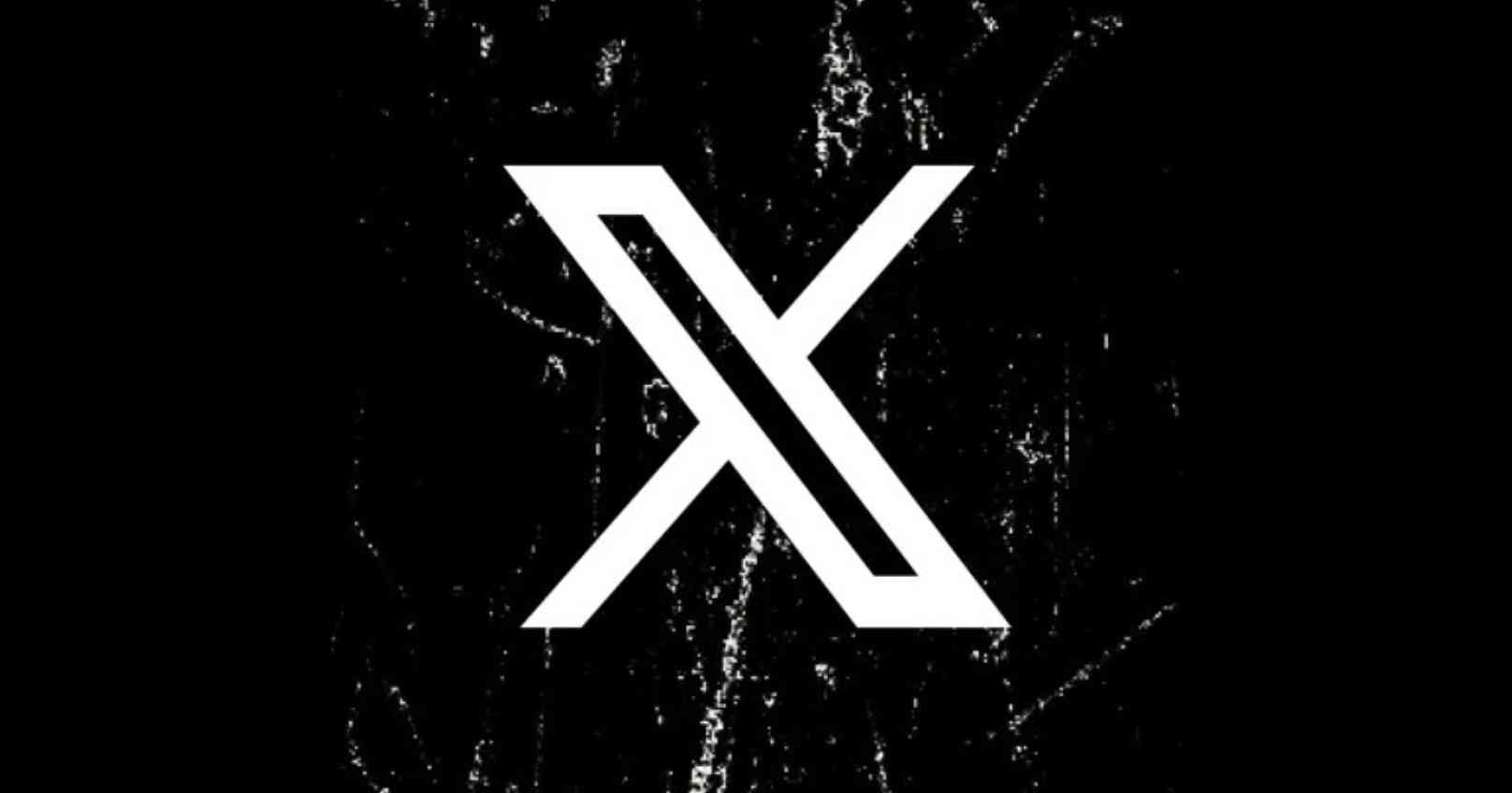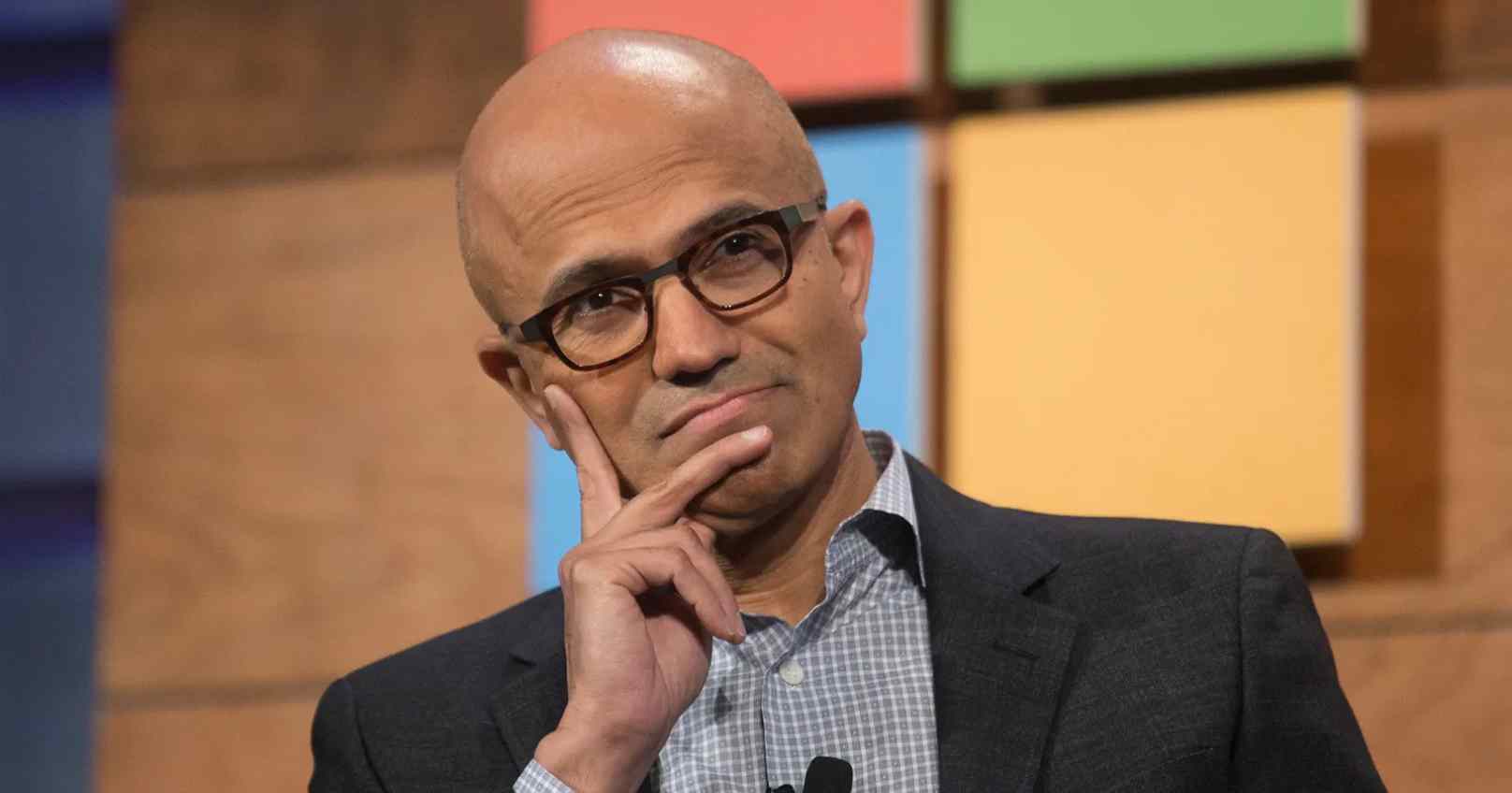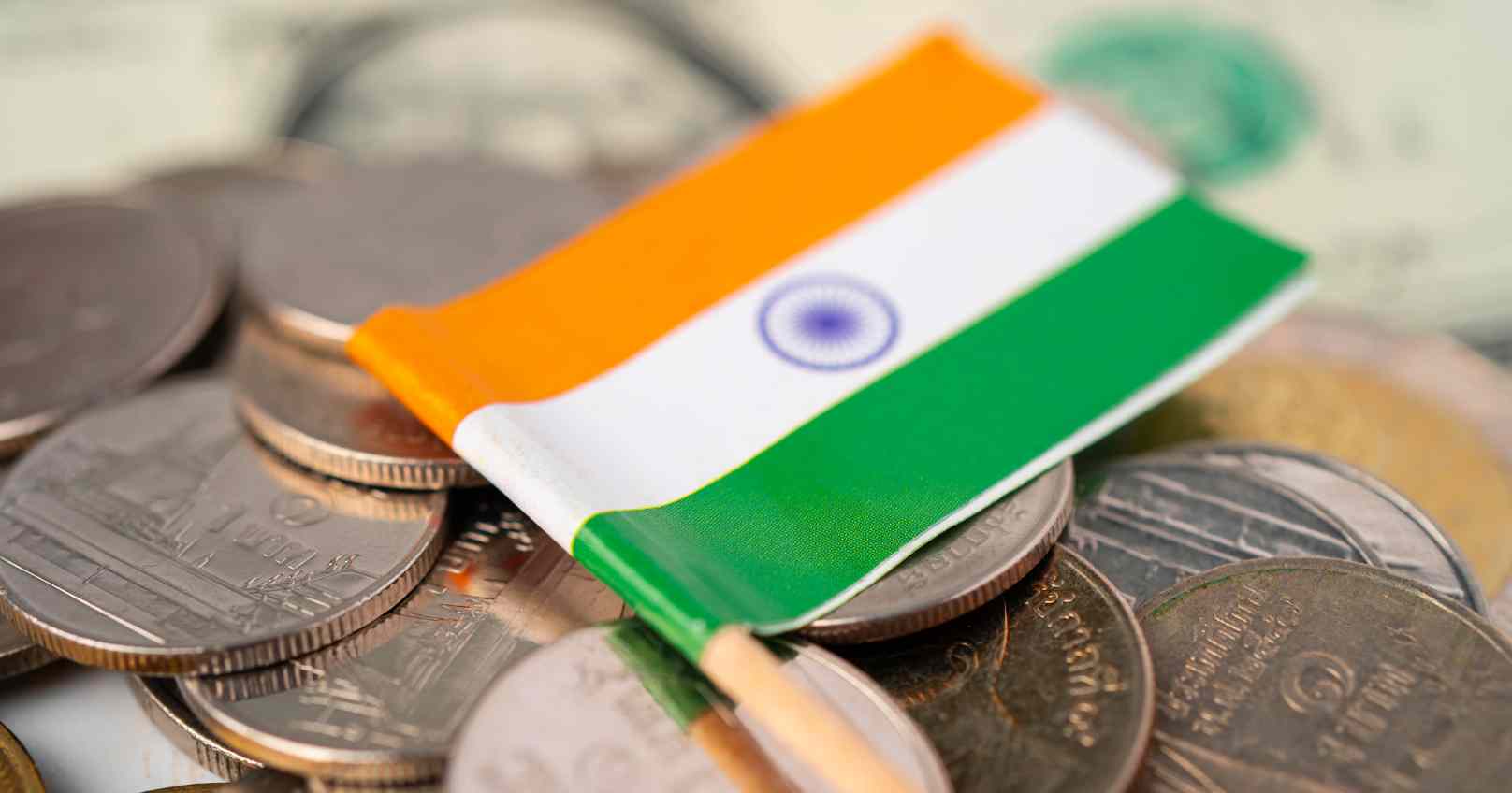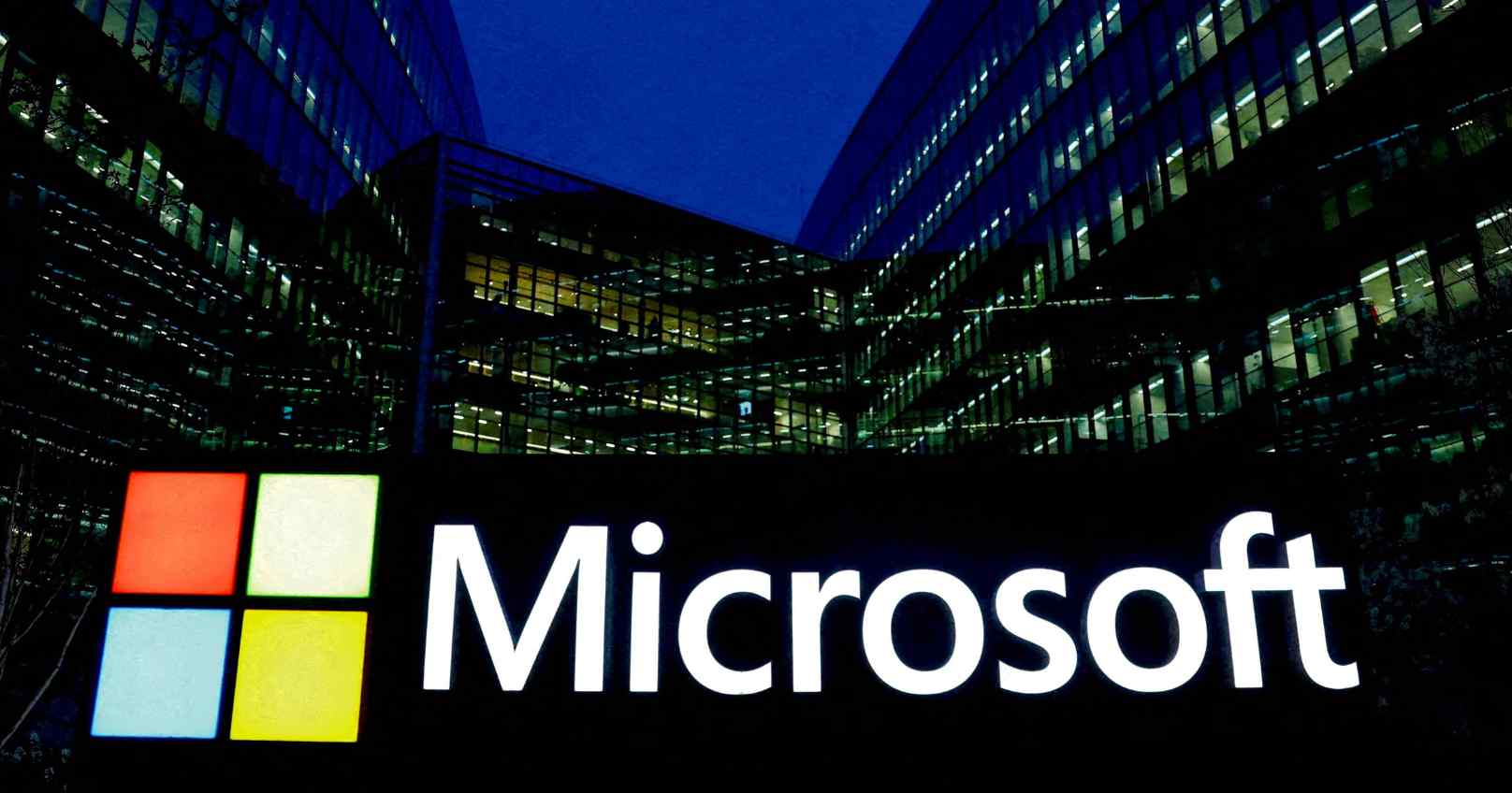Social media platform X, previously known as Twitter, has begun restricting access to over 8,000 user accounts in India in response to government directives. The company cited threats of steep financial penalties and possible imprisonment for its employees in India as reasons for complying with the orders.
The account blocks affect a diverse range of users, including global media outlets and influential voices. In a public statement via its Global Government Affairs account, X said it chose to comply with the government to prevent a complete ban of the platform in the country. However, the company expressed strong objections to what it called a lack of clarity and accountability in the government's demands.
“This wasn’t a decision we took lightly,” the company noted. “But we believe continued access to the platform is critical for people in India to receive and share information.”
X revealed that many of the orders lacked details about the specific content that was allegedly in violation of Indian laws. “In most cases, we were not told which specific posts led to the directive, and for many accounts, no clear justification was given,” the company said.
Labeling the directive as a form of censorship, X warned that removing entire accounts—rather than individual posts—could have a chilling effect on speech. “Taking down whole accounts impacts both current and future content, and runs counter to the principle of free expression,” the company added.
Although legal restrictions prevent X from disclosing the full content of the government orders, it called for greater openness. “Publishing these orders would promote transparency. When decisions are made behind closed doors, it opens the door to arbitrary enforcement,” the statement read.
The company said it had informed affected users and directed them to legal aid resources, including iProbono India and the National Legal Services Authority, for potential legal recourse.
While X is examining limited legal avenues available under Indian law, it acknowledged that, unlike individual users in India, the platform itself has restricted options to contest such directives.







